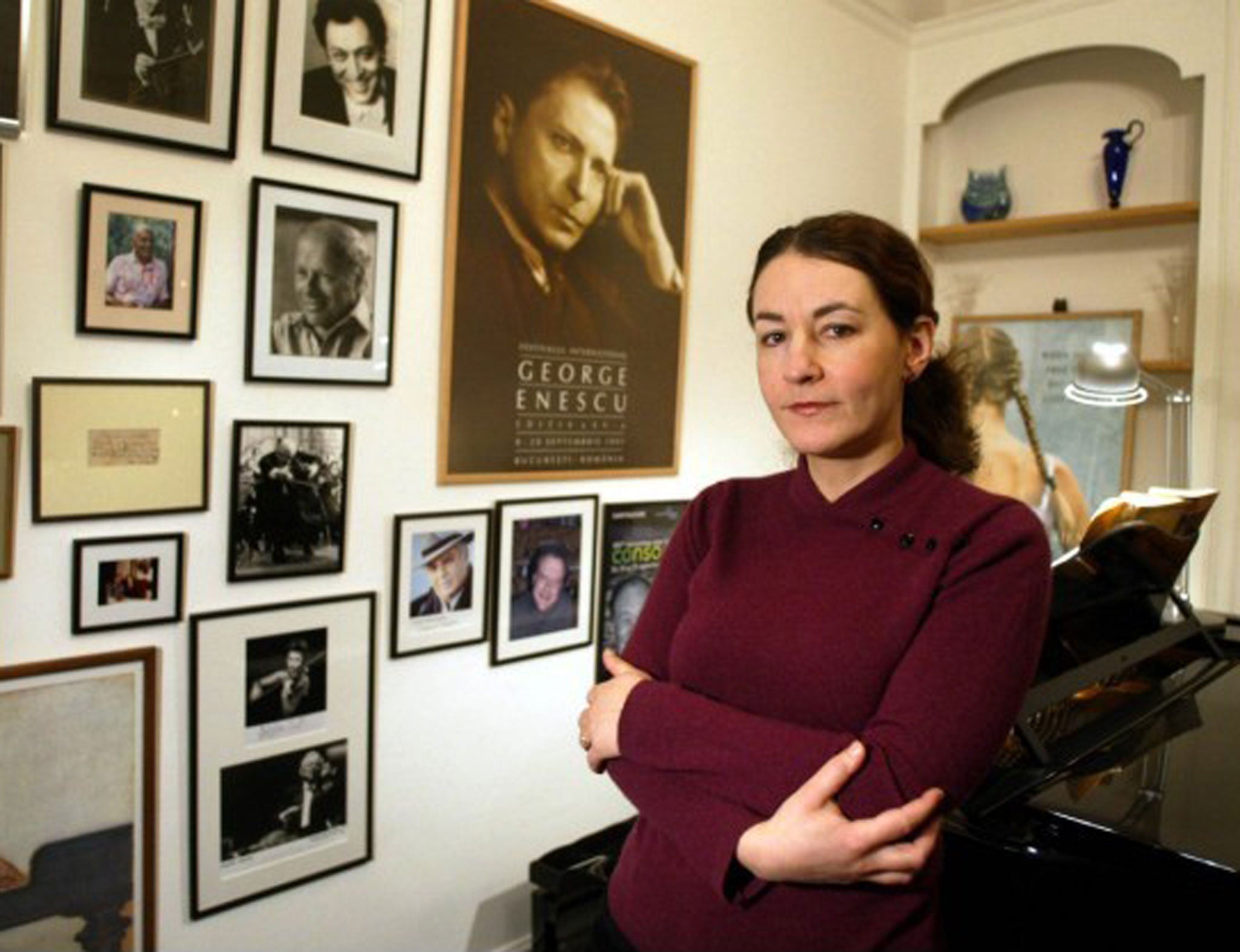My tricky waltz with Wagner
The German composer was a confirmed anti-Semite – but that didn't deter our correspondent, who loves his music, from wanting to write a play to celebrate his bicentenary

Your support helps us to tell the story
From reproductive rights to climate change to Big Tech, The Independent is on the ground when the story is developing. Whether it's investigating the financials of Elon Musk's pro-Trump PAC or producing our latest documentary, 'The A Word', which shines a light on the American women fighting for reproductive rights, we know how important it is to parse out the facts from the messaging.
At such a critical moment in US history, we need reporters on the ground. Your donation allows us to keep sending journalists to speak to both sides of the story.
The Independent is trusted by Americans across the entire political spectrum. And unlike many other quality news outlets, we choose not to lock Americans out of our reporting and analysis with paywalls. We believe quality journalism should be available to everyone, paid for by those who can afford it.
Your support makes all the difference.How do you write a play about someone you can't stand? When I set out to create a new drama about Richard Wagner for the 2013 International Wimbledon Music Festival, that question left me frozen for a time, staring at the oncoming headlamps with ears askew.
Don't get me wrong: I am potty about the man's music. His bicentenary year has been the biggest treat imaginable. The trouble with Wagner is that the more you read about him, the more vile he becomes. The anti-Semitism for which he is so notorious was not just an outburst in one essay, but part of his daily life, as a dip into Cosima Wagner's diaries quickly proves. We all know by now how difficult it is to square that history with the incomparable passion that his music can inspire. But if Wagner was to be my main character, I had somehow to come to terms with him – and find a way to let the audience do likewise.
My play Sins of the Fathers explores the relationships between Wagner, his wife Cosima and her father, Franz Liszt. On the one hand I couldn't imagine presenting these sometimes monstrous individuals without some device to distance them a little and display the perspective with which they're seen today. On the other hand, neither could I make any progress without at least trying to get under Wagner's skin, which predictably wasn't the easiest task in the whole world.
The clue, it emerged, was not in books about the composer, but in the operas themselves. Repeated hearings this summer of Die Walküre left me pondering the father-daughter relationship of Wotan and Brünnhilde. Does it mirror Liszt and Cosima? Surely not: Wagner wrote the libretto before his affair with Cosima began, and in any case the concept is way too simplistic.
But there are undeniably factors in common. How? Was life imitating art? What about Siegmund and Sieglinde, the twins who fall incestuously in love? Somewhere in Wagner's past, there was a sister he loved very much. Moving on to Siegfried, what of the eponymous young buck-hating Mime, the Nibelung who brought him up? Wagner's childhood was rife with instability and cruelty; a look at his autobiography makes it easy to spot elements with which he identified.
Wagner's characters in the Ring tetralogy look distinctly unsympathetic: gods, Valkyries, brawny superheroes, their histories rife with incest and deceit. Yet he can make us care about them to a remarkable degree. It seems that he has found a deep kernel of human truth in each one – something with which he identifies, consciously or not. And because he is part of them as much as they are part of him, they become part of us all at that same level. And in turn, if there is anything with which I can identify in this man, it's the fact that he can do that. That is how I've approached creating fictional characters myself; so perhaps he did as well; and if so, isn't that the best way to create him as a character in turn? We can't know for sure; we can only go down these paths by trusting intuition, however irrational it seems.
And so I've been waltzing with Wagner, trying to engage with him through the one point at which we almost meet and touch. Nobody said it was going to be easy. Nobody said you have to love a person to love his or her art. And just because there is bad in an artist's being, that doesn't mean you are obliged leave behind what good you can perhaps extract.
I found a way in with two present-day characters: Vicky, a postgraduate student, and her much older lover, Frank, a volatile pianist. They visit Wagner's house at Tribschen, near Lucerne, where Vicky, in crisis over the relationship, drinks some magic wine and finds herself encountering the spirit of Wagner... Her academic self provides an escape route when she can no longer endure the exchanges between Wagner and Liszt. Yet Wagner's power to reach into her subconscious eventually helps her face her own issues. Vicky's 21st-century attitudes may collide head on with the two composers' opinions; but other matters prove timeless, including love, artistry and the psychological legacies of childhood pain.
There is another side to Wagner, after all: a mystical quality most evident in his final masterpiece, Parsifal, a transcendence that exists even if you think you don't believe in it. After Parsifal gets to you, there is no turning back. But how does such a beastly person create a work of such overwhelming compassion? Here we go again...
'Sins of the Fathers', Orange Tree Theatre, Richmond, International Wimbledon Music Festival, 24 November, 2.30pm. (020-8940 3633; wimbledonmusicfestival.co.uk)
Join our commenting forum
Join thought-provoking conversations, follow other Independent readers and see their replies
Comments